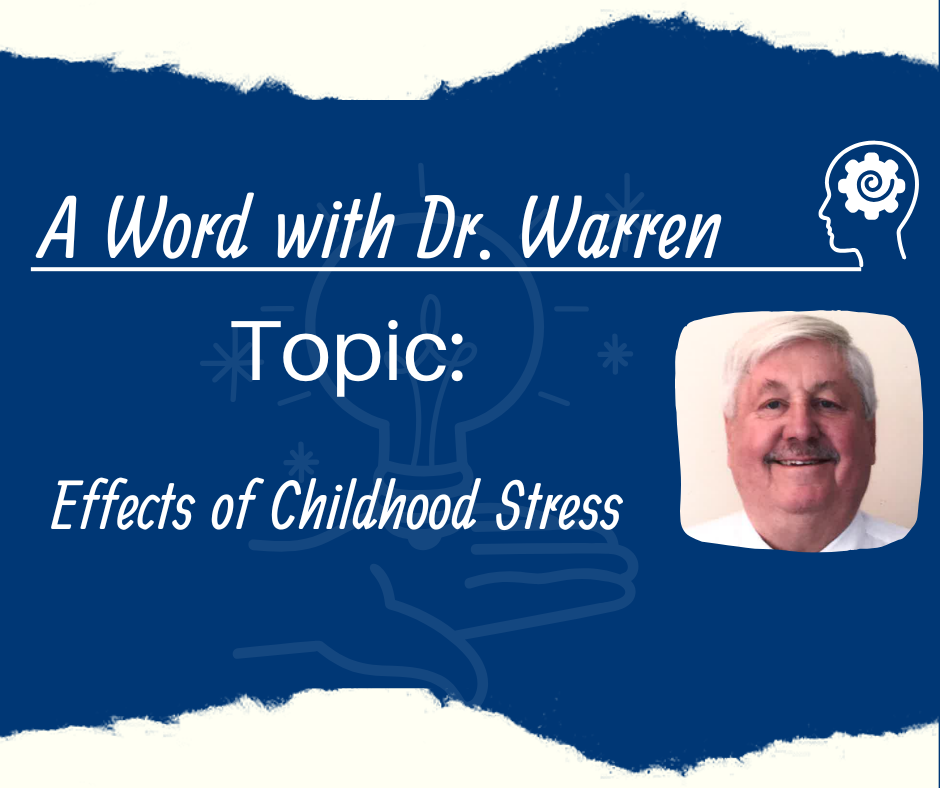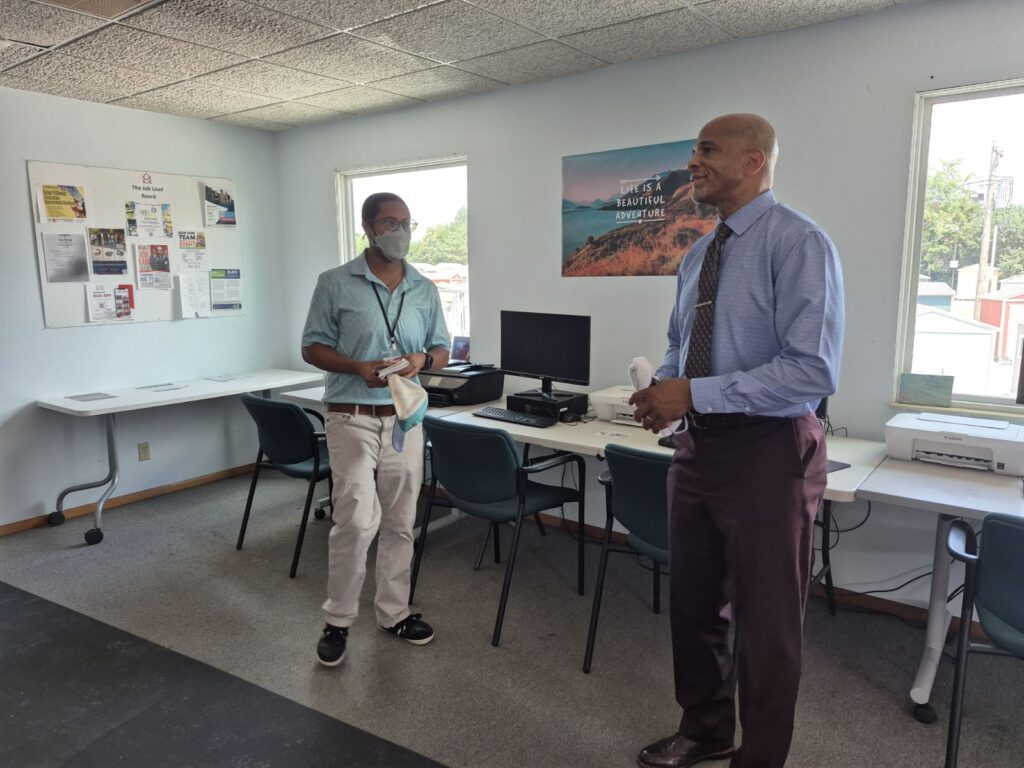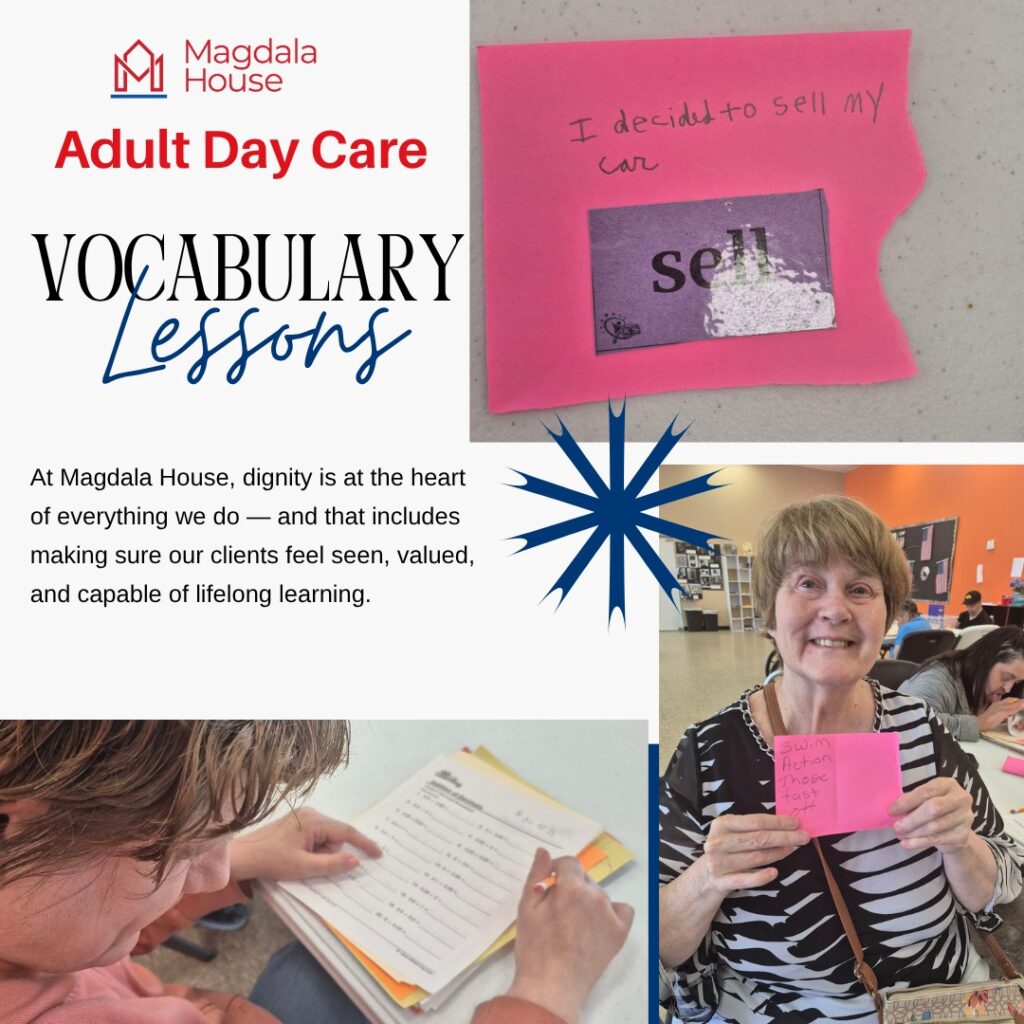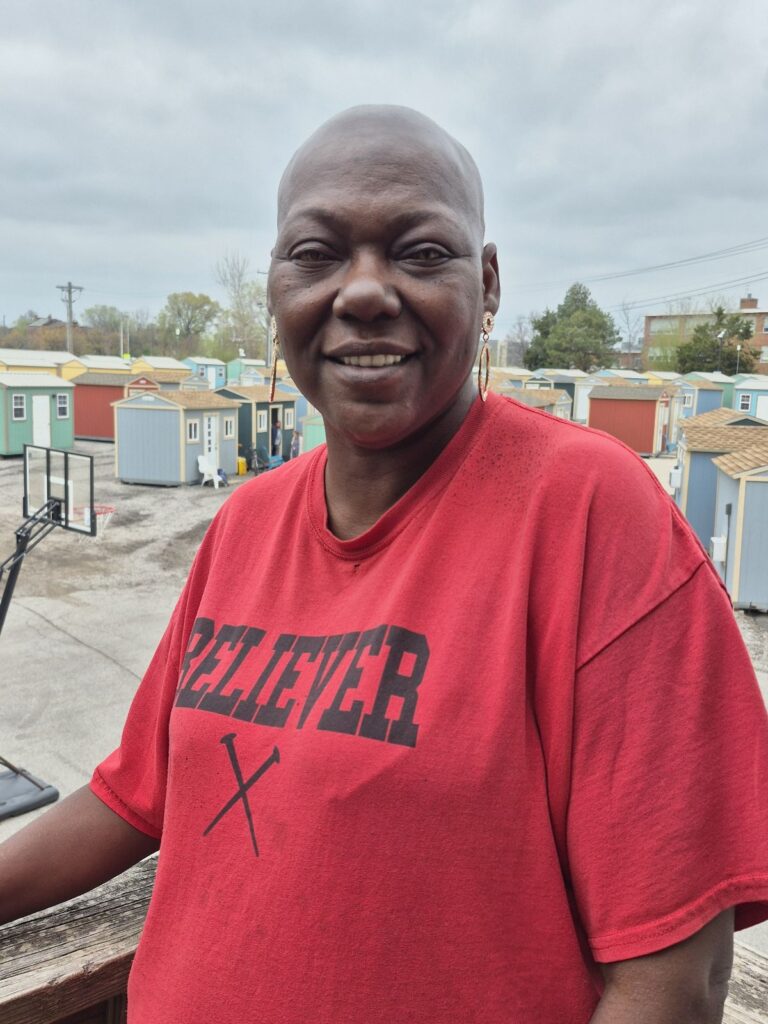Wednesday With Dr. Warren is a segment by Warren A. Kass, Ph.D., a Consulting Clinical Psychologist at Magdala House. Dr. Kass graduated from Marquette University, has a doctorate from St. Louis University, and has over 51 years of experience as a clinical psychologist. Wednesday With Dr. Warren is an informative, thought-provoking piece that will inspire us to live, think, and be better people.
Friendships are more than just a source of joy—they are essential for our health and longevity. Studies show that having a social network can be as crucial to your well-being as avoiding smoking, maintaining a healthy weight, and staying physically active. The desire to belong and form attachments is a fundamental human need, making friendships a psychological vaccine against physical and mental illnesses.
Benefits of Having Friends:
1. Emotional Support: Friends provide comfort and reduce feelings of loneliness, depression, and anxiety by lowering stress and cortisol levels.
2. Physical Health: Strong social ties can lower blood pressure, improve immune function, and contribute to a longer life.
3. Cognitive Benefits: Interacting with friends stimulates brain function and reduces the risk of cognitive decline.
4. Happiness and Satisfaction: Sharing experiences, laughter, and positive emotions with friends boosts overall happiness and life satisfaction.
5. Enhanced Relationships: Close, intimate friendships activate brain regions associated with attachment, increasing positive feelings and reducing stress.
Developing Social Skills and Overcoming Challenges:
Our ability to form and maintain relationships begins in childhood and is influenced by our environment and genetic makeup. Most people develop secure attachments, but those with challenging backgrounds such as a chronic substance abuser and those who experienced ambivalent, avoidant or disorganized attachments with caregivers or those with mental health issues may struggle with relationships.
Many people, including both the homeless and seemingly successful adults, find themselves repeatedly entering relationships with substance abusers or those stuck in unhealthy behavior patterns. This cycle of failed relationships often leads to damaging beliefs: thinking that unhealthy relationships are all they deserve or that they are not good enough for a happy, functional relationship.
Individuals from chaotic or abusive childhoods might believe they are better off in destructive relationships than being alone. They might also become dependent on over-controlling partners, driven by the irrational belief that they cannot survive without them.
At Magdala House, staff work with individuals to challenge and change these harmful beliefs. By developing healthy relationship skills and building trust, people can learn to communicate effectively, resolve conflicts, and form supportive, positive connections. This transformation involves patience and guidance, but it paves the way to a more fulfilling and healthier life.
Tips for Making New Friends:
The process of learning and developing healthy relationships requires taking yet another risk: trusting the staff, mental health practitioner or mentor. This is a difficult thing to do for those who have been repeatedly let down or betrayed in previous relationships. And yet, what have you got to lose?
So how do you make new friends? The foundation of new friendships lies in two key elements: attitude similarity and frequency of contact. When people share similar interests, beliefs, and attitudes, they are more likely to connect and build a lasting relationship. Frequent interactions also play a crucial role in strengthening these connections. To increase the chance that a new friendship will develop, do your best to follow these suggested guidelines:
1. Join Activities You Enjoy: Engage in activities or groups that interest you, such as book clubs, sports events, or community classes. This increases your chances of meeting like-minded people.
2. Be Patient: Building friendships takes time. Focus on becoming familiar with new environments and people without setting high expectations.
3. Seek to Understand: Make an effort to understand others’ perspectives and experiences. This empathy fosters deeper connections.
4. Nurture Friendships: Stay in touch with friends through meaningful communication. Personal messages or calls can strengthen bonds more than impersonal texts or emails.
By taking these steps, you can create and maintain fulfilling friendships that enrich your life and support your overall well-being.
-Warren Kass, PhD
Magdala House Consulting Psychologist







